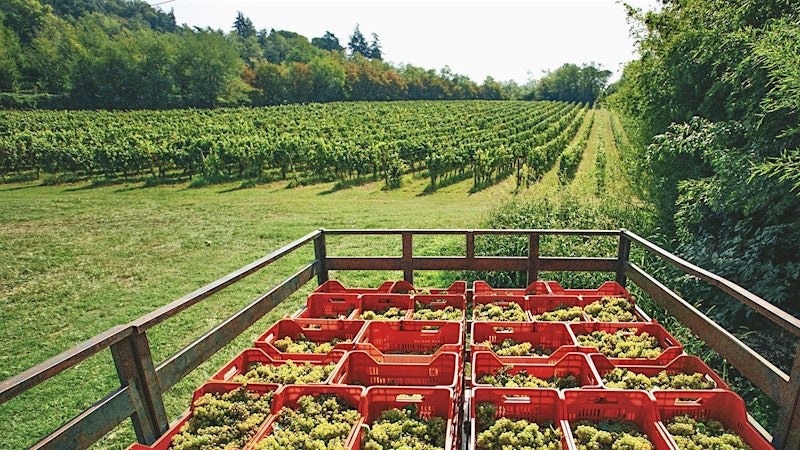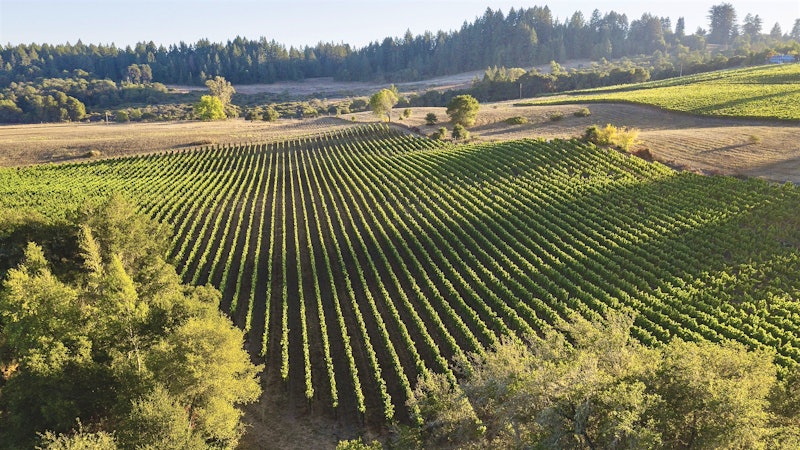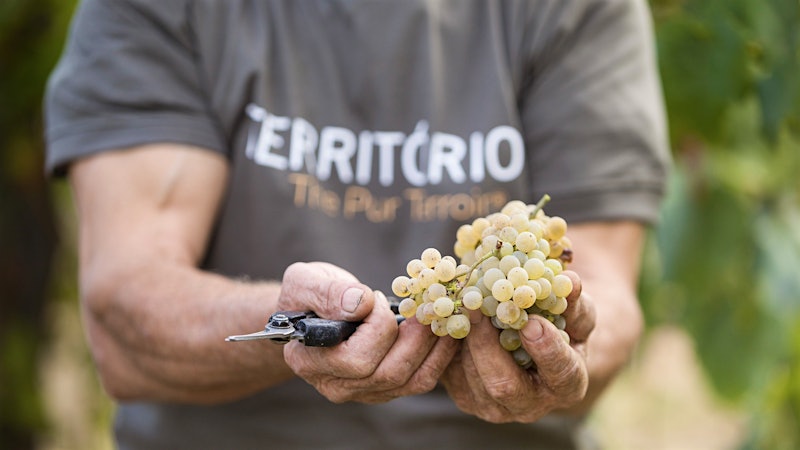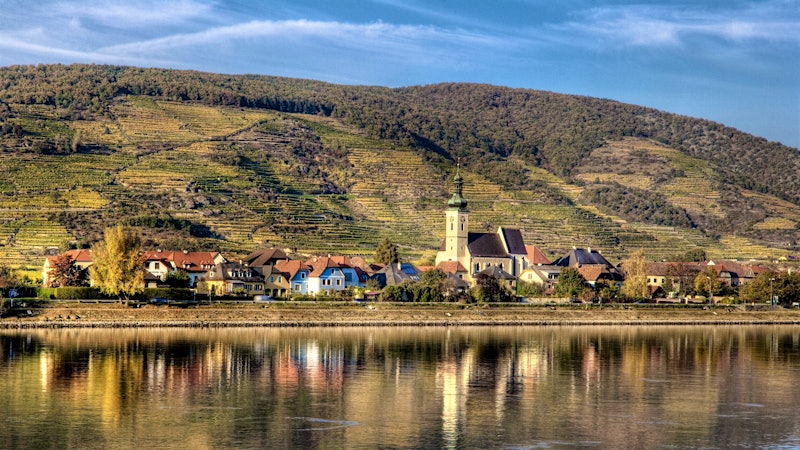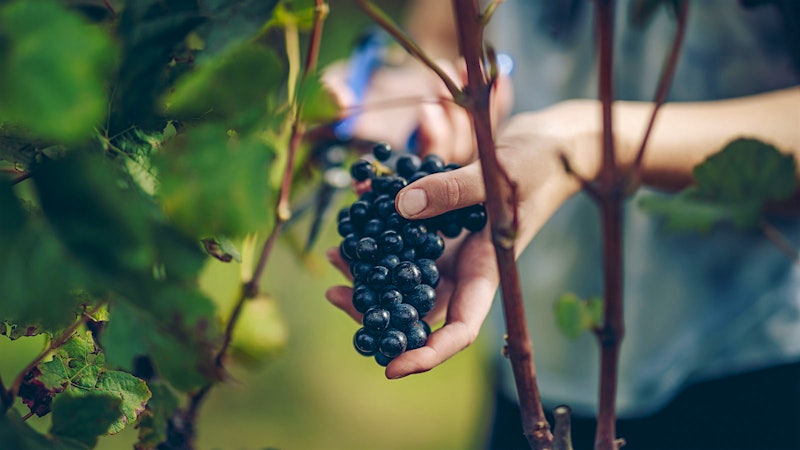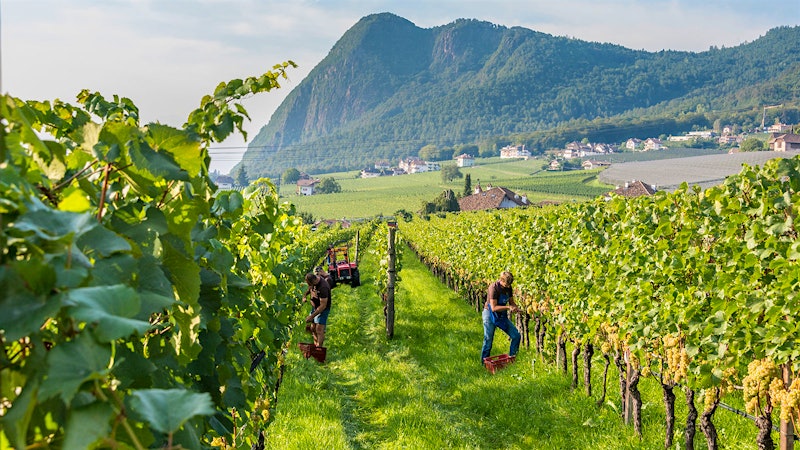The world of wine is too vast for any one person to know all its secrets, especially when it comes to tracking down the best bargains. So, we called in Wine Spectator’s team of editors for the second year in a row to select the top values of the past 12 months. This is an extension of our regular coverage of values in the magazine and at WineSpectator.com, highlighting delicious, affordable bottlings that overdeliver on quality for the price.
Wines that are easy on your wallet offer an ideal entry point for a region or variety, giving you an opportunity for exploration without breaking the bank. The thrill of trying something new is one of the many pleasures of wine, and as quality has risen across the globe, it’s easier than ever to find a wine you love. This means that well-priced wines from California to Italy to Argentina offer some of the special qualities that distinguish their pricier counterparts.
The list of the Top 10 Values of 2022 is capped by our choice for Wine Value of the Year. All of the wines on the list rated 90 points or higher on Wine Spectator’s 100-point scale, cost $40 or less and were made in large enough quantities to be widely available. We hope you’ll find a new everyday favorite on the list or start along a new path of discovery.
View the full list of the Top 10 Values of 2022!
BEAULIEU VINEYARD
Cabernet Sauvignon Napa Valley 2019
92 points | $33 | 44,700 cases made

It’s not uncommon for a winery to produce an expensive, blue-chip bottling as well as an affordable, accessible offering. Yet in some of the world’s most rarefied wine regions, where many prices start in the triple digits, these lower-priced tiers of wines are becoming scarcer from top producers. Such is the case in Napa Valley.
Cabernets such as Beaulieu Vineyard’s Georges de Latour Private Reserve—one of Napa’s first benchmarks—set the tone for what could be possible from the valley. Today, its $145 price tag is not as lofty as many of its peers. Yet the winery’s ability to craft more reasonably priced versions, such as its 2019 Napa Valley bottling, offers consumers an entrée to this historic winery—and to Napa Cabernet itself—for a fraction of the price.
Beaulieu Vineyard’s roots lie in a 4-acre estate in the heart of Rutherford, purchased for $12,000 in 1900. Its owners, Georges and Fernande de Latour, were looking to continue their cream of tartar business, scraping off potassium tartrate crystals from the inside of wine barrels. Over the years, however, the de Latours expanded their property, starting Beaulieu in 1904. Today, it is one of Napa’s oldest and most venerable wine estates.
Now owned by Treasury Estates, Beaulieu spans 200-plus Rutherford acres across three ranches, plus other estates in Carneros and Calistoga. André Tchelistcheff, California’s most influential post-Prohibition winemaker, cemented the winery’s legendary status and positioned it among Napa’s elite. During his 35-year run at the winery, Tchelistcheff set the standard for modern winemaking, with Beaulieu’s wines a prime example.
Maintaining the continuity of a winery over 120 years is a Herculean task, and Beaulieu has had its ups and downs, including selling off prime vineyards and a bout with TCA contamination. Reviews over the past decade show the struggles, with many of the top cuvées underachieving.

Making changes, especially given Beaulieu’s reputation, is a delicate balancing act. Trevor Durling took over as chief winemaker in 2017 and faced the dilemmas head-on, adjusting row orientation for new vineyard plantings, fine-tuning the usage of Cabernet Sauvignon clones and altering the barrel regimen while reducing maceration times. Durling says one key change came in the vineyard: “We modified some vineyard practices, leaving more canopy and shade in the fruit zone. This really helps to protect the clusters from direct sunlight, which prevents raisining.”
The moderate, consistent 2019 vintage was the perfect year to showcase Durling’s alterations. “We also began harvesting slightly earlier in the season, immediately upon phenolic ripeness, which helps accomplish overall freshness,” he says. The 2019 Napa Valley bottling uses nearly equal parts of the winery’s prime Rutherford vineyards and its estate vineyard in Calistoga, as well as trace amounts from other estates and contracted sites. The wine aged 18 months in a mix of French, American and Hungarian oak (30% new). Durling also reduced the percentage of grapes that were barrel-fermented on their skins. “It’s a good technique for texture,” he says. “But if it’s overused, it can mask the fruit and savory aspects of the wine.”
As Durling ushers in a new era for Beaulieu, utilizing excellent vineyard sources and making affordable offerings that can compete with the finest in the valley, the winery’s best days may still be ahead.

Tasting Note: Fresh, direct and focused, with red currant and cherry coulis notes that race through, dotted with savory, floral and tobacco accents. Judicious toast lets the fruit play out, and there's solid energy throughout. Drink now through 2030.—James Molesworth
Issue: Oct. 31, 2022
WineSpectator.com members: Find more great Napa Valley Cabernet Sauvignons.
- Napa Cabernet Tasting Report: The Wonder Years (Nov. 15, 2022)
- Tasting Highlights: 8 Stunning Napa Cabernets (Aug. 1, 2022)
- Wine Ratings Search: Napa Valley Cabernet Sauvignon, 90+ Points (rated in the past 12 months)
- Wine Ratings Search: Napa Valley Cabernet Sauvignon, 85+ Points and $80 or less (rated in the past 12 months)



